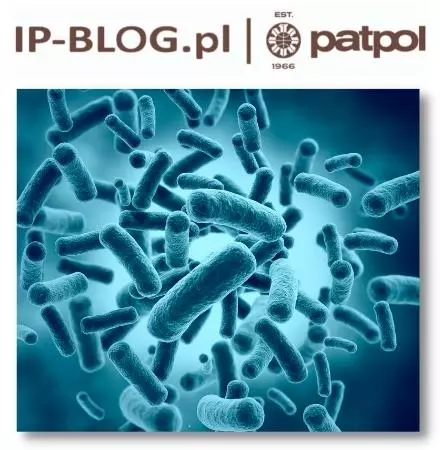Author: Barbara Milczarek, patent attorney
It was already back in the 19th century when the practice of patenting started to deal with inventions in the field of biotechnology. It is assumed that the first biotechnological invention to have been patented was an American patent granted in 1873 in the name of Ludvik Pasteur, which concerned the method of improving the process of brewing beer and ale.
It is believed that modern biotechnology was originated by the discovery and creation in 1953 of the model of spatial structure of DNA, which is the carrier of genetic information contained within DNA sequences (genes). Owing to development of molecular biology, it became possible to identify not only the respective DNA sequences and their biological functions, but also to isolate the particular genes, and then introduce these isolated genes from one organism to the genome of another organism and to make its reproduction (for example, by way of cloning) in order to obtain a particular protein substance. As it can be expected, in the beginnings the genetic modifications consisting in introduction of external genes concerned microorganisms, mainly bacteria. As soon as the new improved strains of bacteria had been obtained, there appeared the desire to have them patented, which in turn initiated the dispute about biotechnology in the context of patent law.
Continue reading on IP-Blog.pl

